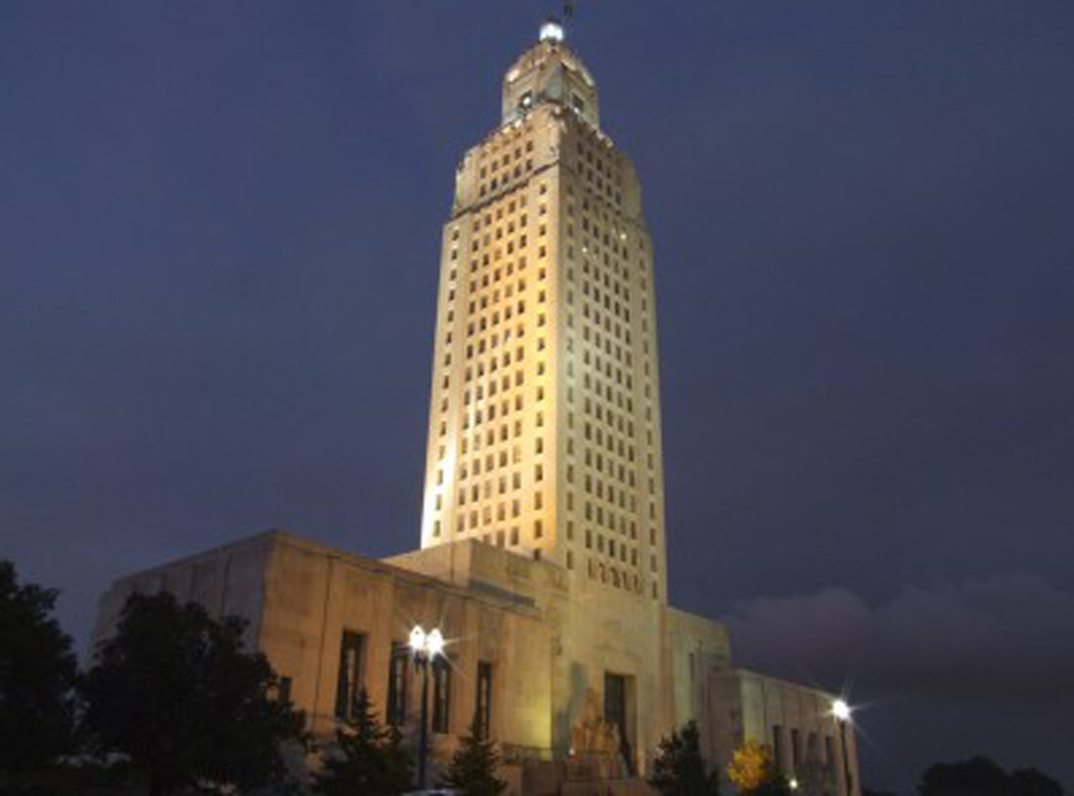252
BATON ROUGE — Lawmakers edged closer Monday to a deal for closing Louisiana's $304 million budget deficit, with House and Senate leaders saying the broad outlines of a compromise are settled if they can get rank-and-file members to agree.
"Neith
Broad outlines of budget deal take shape in La. Legislature
previous post



